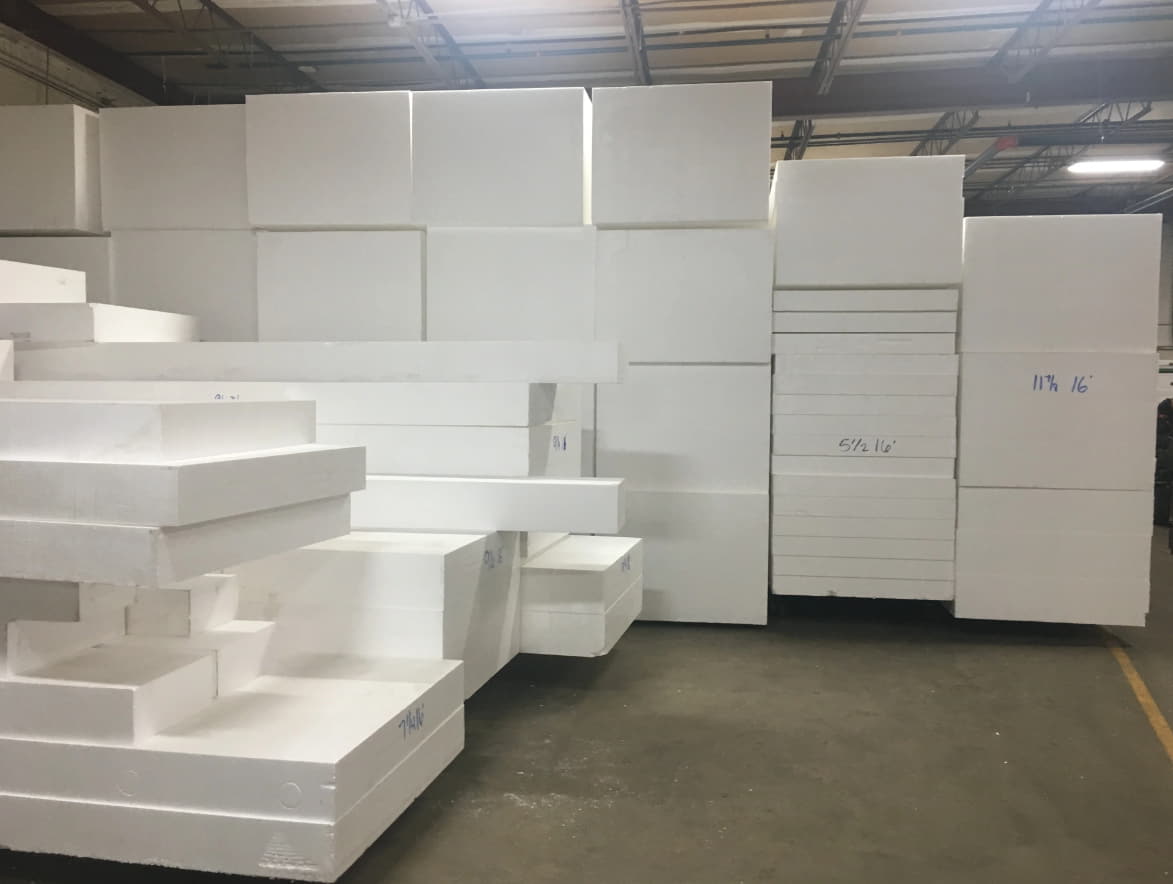Building a Sustainable Future with Expanded Polystyrene Blocks
In the pursuit of a sustainable future, the construction industry plays a crucial role in adopting eco-friendly materials and practices. Expanded polystyrene (EPS) blocks have emerged as a sustainable alternative for building and insulation applications. These lightweight, durable, and energy-efficient blocks offer numerous advantages, from reducing environmental impact to improving energy efficiency. In this article, we will explore how expanded polystyrene blocks contribute to building a sustainable future. Let’s delve into the various aspects of their use and the positive impact they have on construction practices.
Environmental Benefits
Reducing Carbon Footprint EPS blocks are manufactured using expanded polystyrene, a material derived from petroleum byproducts. By using the blocks, the construction industry reduces its reliance on traditional construction materials, such as concrete and bricks, which have higher carbon footprints. They have a significantly lower environmental impact during production, resulting in reduced greenhouse gas emissions and energy consumption. Choosing these blocks for construction projects contributes to a more sustainable and eco-friendly building industry.
Energy Efficiency
Improving Thermal Insulation EPS blocks are renowned for their exceptional thermal insulation properties. They provide a high level of insulation, minimizing heat transfer between the interior and exterior of a building. The insulation capacity of EPS blocks helps regulate indoor temperatures, reducing the need for excessive heating or cooling.
Lightweight Construction
Reducing Material Consumption Compared to traditional building materials, they are incredibly lightweight. This characteristic offers several benefits, including reduced material consumption during construction. With these blocks, less raw material is needed, resulting in reduced extraction and manufacturing impacts. The lightweight nature of these also simplifies transportation and installation processes, requiring less energy and resources for handling and logistics.
Durability and Longevity
Extending Building Lifespan they are known for their durability and longevity. They are resistant to moisture, pests, and decay, ensuring the structural integrity of buildings over time. By utilizing EPS blocks in construction, the lifespan of buildings can be extended, reducing the need for frequent repairs and replacements.
Versatile Applications
They offer design flexibility, allowing architects and builders to create innovative and visually appealing structures. The blocks can be easily cut and shaped to meet specific design requirements, facilitating the creation of complex architectural features. Their versatility encourages sustainable design practices, such as incorporating natural lighting and ventilation strategies, optimizing energy performance, and promoting sustainable building aesthetics.
Conclusion
Expanded polystyrene blocks offer a sustainable solution for the construction industry, aligning with the goal of building a greener future. Their environmental benefits, energy efficiency, lightweight construction, durability, and recyclability contribute to sustainable building practices and reduce the industry’s carbon footprint. By choosing it for construction projects, architects, builders, and homeowners can create energy-efficient structures that not only minimize environmental impact but also provide long-lasting and aesthetically pleasing spaces.

